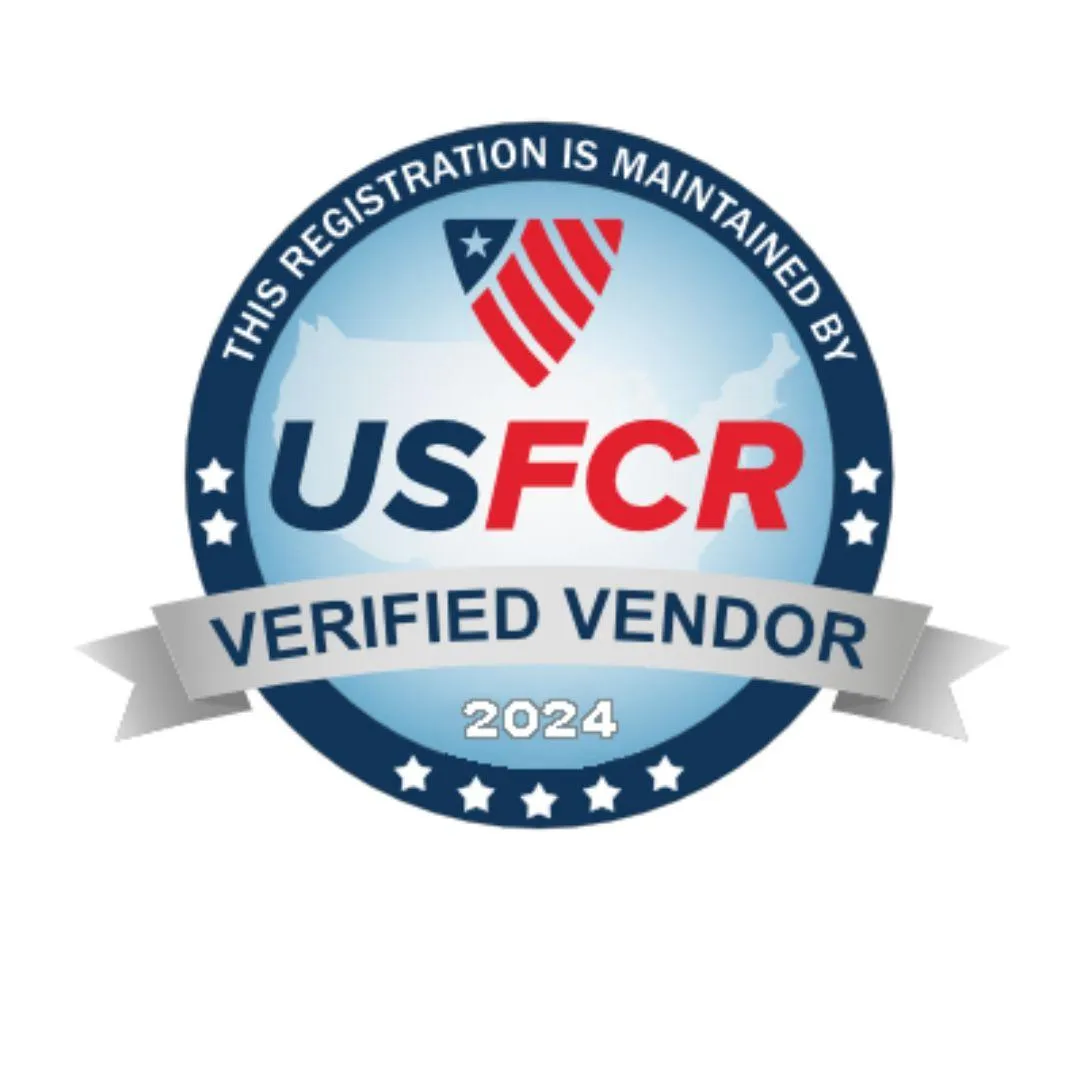

EXPERT TAX STRATEGY
Leveraging deep knowledge and experience in tax laws, we develop strategies that align with individual or business goals, ensuring compliance while minimizing liabilities.
This proactive approach not only addresses current tax obligations but also anticipates future changes, positioning clients for long-term financial success.
Premier
ENROLLED
AGENT
Leveraging Monika Hengesbach's Enrolled Agent status and NTPI Fellow designation, along with her three decades of experience serving over 1,000 clients, she provides superior tax advice, IRS representation, and resolves complex tax issues with proven expertise and reliability.
Offering personalized, concierge-level tax services means that Decision Financial goes beyond the standard approach to tax management by providing highly tailored services that cater to the unique financial landscapes of each client. This approach involves a deep understanding of each client’s personal and business financial goals, enabling the firm to offer solutions that are specifically designed to optimize tax outcomes and enhance financial health.
Personalized
CONCIERGE
SERVICE
CLIENT
CENTRIC
Philosophy
We prioritize clients' unique needs and goals, ensuring personalized tax strategies and solutions through collaborative planning and open communication. This philosophy fosters strong, trusting relationships, with every action tailored to achieve the best outcomes for clients, emphasizing respect, transparency, and empowerment.
Accolades







Let's Talk
Taxes


The Self-Employed Loan Dilemma
Here is an article that I co-wrote with Pete Paredero, Senior Mortgage Consultant at Land Home Financial Services, Inc.
"Liar Loan"
Remember the “stated” loan? It’s also called the “liar loan” or the “loan that crashed our housing market.” Actually, the original intent of the loan was to help self-employed people whose tax returns took full advantage of tax write-offs and showed a bottom line lower than what would work for qualifying ratios for loan approval. Unfortunately, it became so abused that W-2 wage earners were allowed to acquire a stated loan. When stated loans took this direction, they became unreasonable, and millions of underqualified borrowers received loans way over their ability to repay.
Today, we have more people hanging their shingle as companies keep making cuts, and the job market remains fairly weak, causing quite a dilemma. Stated loans have not come back and probably will not for a very long time, if ever. What should you know if you are starting your own business and want to purchase or refinance a home?
First, you will need to be in business for two years to qualify for a loan. Usually, these are the hardest times for a startup, so be patient. If you are established in your business and want to refinance or purchase a home, you will need to sit down with your loan professional to review your taxes. If your debt-to-income ratios won't work for current lending guidelines, your next step would be to visit your professional tax preparer.
Recently, I worked with a client who was in this very predicament. A meeting was held with me and Monika Hengesbach, an Enrolled Agent specializing in small businesses and their owners. We were able to work a plan that would help my clients toward their goal of homeownership.
Here are some helpful hints that Monika shared with me that can steer you in the right direction to loan approval:
Every tax season I get told the same thing,
“I don’t want to pay too much in taxes, please help me.”
However, if you could be “tax savvy” and report more income for the first two years so you can have more tax write-offs and save more money on taxes for the next 30 years, would you? Of course!
For taxpayers who do not itemize their deductions, they are entitled to a standard deduction. For single filers, the standard deduction is $5,700, and for married filing jointly, it is $11,400. Let's say you purchased a $550,000 home, put down 20%, and qualified for 4.375%; your itemized deduction would be $27,356. This number does not include all the other items you are now entitled to claim as deductions: state and local taxes, gifts to charity, job expenses, and certain miscellaneous deductions. As you can see, your deductions would be $21,656 more for single filers and $15,956 more for married filers. Talk about saving money on your taxes!
A few areas that can be looked at when managing your business and preparing your taxes are:
1. Depreciate your fixed assets versus writing them all off in the year of purchase. Instead of taking 100% of the purchase price off in the year of purchase (Section 179), defer the expenses over the life of the assets; 3, 5, 7, 10, 15, or 20 years.
2. Contribute to a self-employed SEP. Contributions to a SEP are tax-deductible and may be eligible for a tax credit of up to $500 per year for each of the first three years for the cost of starting the plan.
3. Incorporate your business. Sole proprietors pay tax on their net income at whatever their personal rate is; they also pay a self-employment tax of 15.3% on the net income. This is one of the reasons why I am often asked for help. You will pay the same 15.3% self-employment tax on your wages but not on your net income. Depending on the structure you choose, the net income can pass through to you, which will help with your income qualification for homeownership.

Stay Connected
On Social

